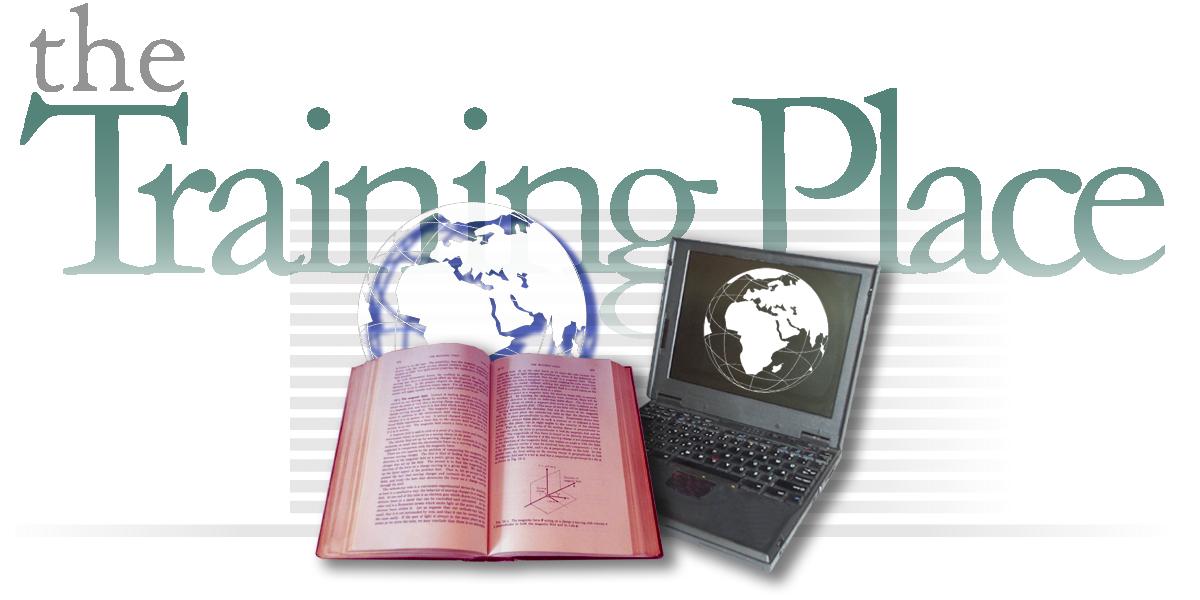
| Company | Products | Services | Home | |
 |
|
|||||||||
Learning
Orientation Workshop
Helping Learners Become Self-Motivated, Self-Directed, Independent Learners
Today's learners face unique challenges. To cope with changing economic realities, learners need to be more innovative and comfortable with change. They must be able to take responsibility for learning and managing their life and professional development. To do this, they need to acquire lifelong learning skills, self-motivated, holistic attitudes, and committed effort towards continuous change and improvement. They need to be able to learn to learn, think, and create -- better than ever before. Our common educational goal is to help all learners succeed. Our national priority is to identify learners who are less likely to succeed and help them improve learning ability.The purpose of this workshop is to present brain-based strategies to help participants update conventional ID models to a more sophisticated level or dimension that considers how to capture interest in a media rich ecosystem, tap in emotions to trigger self-motivation, predict and map progress and outcomes, and foster independence, discipline, and responsibility. Many lessons can be learned from brain-based learning strategies, such as those that are supported by recent advances in the neurobiology of learning and memory research.
This is an exciting and colourful workshop in which we explore how the brain works and how you can help learners develop a learning skills program. It explores everything from the review of the instructional and neuroscience theory and research, which is the cornerstone of effective learning, to the review of real-life web training examples and practical applications. It includes the design of new content or current classroom courses for delivery in either a synchronous or an asynchronous format. The Learning to Learn workshop is designed to help designers understand sucessful learning attributes and help them gain an awareness of their own strengths and weaknesses. This session has a rich selection of notes, activities and online exercises which will help designers with designs that will improve the quality of their clients learning experiences. Additionally, this presentation explores how learning environments and relationships need to be equipped or supported with strategies for creating engaging learning experiences for all learners.
Outcomes: You Will Learn How To
- Identify the key psychological factors and relationships (emotions, intentions, and social, and cognitive factors) that influence learning.
- Recognize individual differences in learning and why some learners are more successful and self-motivated than others.
- Explore critical interactions between Web learning environments, learning differences, relationships, and learning outcomes and performance
- Explore the role of the learner, designer, advisor/ instructor, and the technology for leaning.
- Apply new learning methodologies to maximize user motivation, interaction, and individualized activity in learning environments.
- Acquire useful tools for developing superior instruction.
Workshop Description
Participants will examine today’s trend to move learners on the Web and explore why some learners are more successful than others. After exploring sources for individual learning differences, participants will consider specific strategies for designing solutions, relationships, and environments that support greater self-motivation and independence. In the afternoon, participants will work in groups to review examples, create designs and determine designs and evaluation criteria that foster self-motivation and avoid the "demotivators" that frustrate or drain interest. This part of the workshop includes worksheets and guidelines that apply specifically to matching user motivation strategies to fundamental learning differences. The purpose is to show the participants how to use the instructional design process to differentiate audience needs (both as aggregate types and individually) before designing, matching, and evaluating solutions.
Materials
- Learning Improvement Handbook
- Learning Orientation Questionnaire
- 20% Discount for book, entitled Discover Your Inner Strength
Registration Information
This workshop is available as a one day session. Call us at 888.289.3212 to schedule an on-site workshop for your organization. The workshops take place at your office. A Training Place certified instructor comes to your office to lead these workshops.
Fees
The fee for the one-day workshop is $299/per person, with a minimum of 6 attendees, plus travel expenses for the instructor.
The fees include all workshop materials (see above). All fees are payable in advance via corporate check.
Cancellation Policy
You may cancel up until two (2) weeks (business days) before the workshop without charge. For cancellations within ten (10) business days before the workshop, there is a non-refundable administrative fee of $200. Also, any non-refundable travel expenses incurred by The Training Place will be the responsibility of the cancelling party. No refunds will be issued to those who do not attend and do not cancel ten (10) business days prior to the workshop.
Rescheduling Policy
We may occasionally find it necessary to reschedule or cancel sessions and will give registrants advance notice of changes.
|
Thank
you for visiting The Training Place, Inc., a minority-owned company. Copyright © 1997-2010, The Training Place,
Inc. 743
W. Bougainvillea, Oro Valley, AZ 85755-1791 |